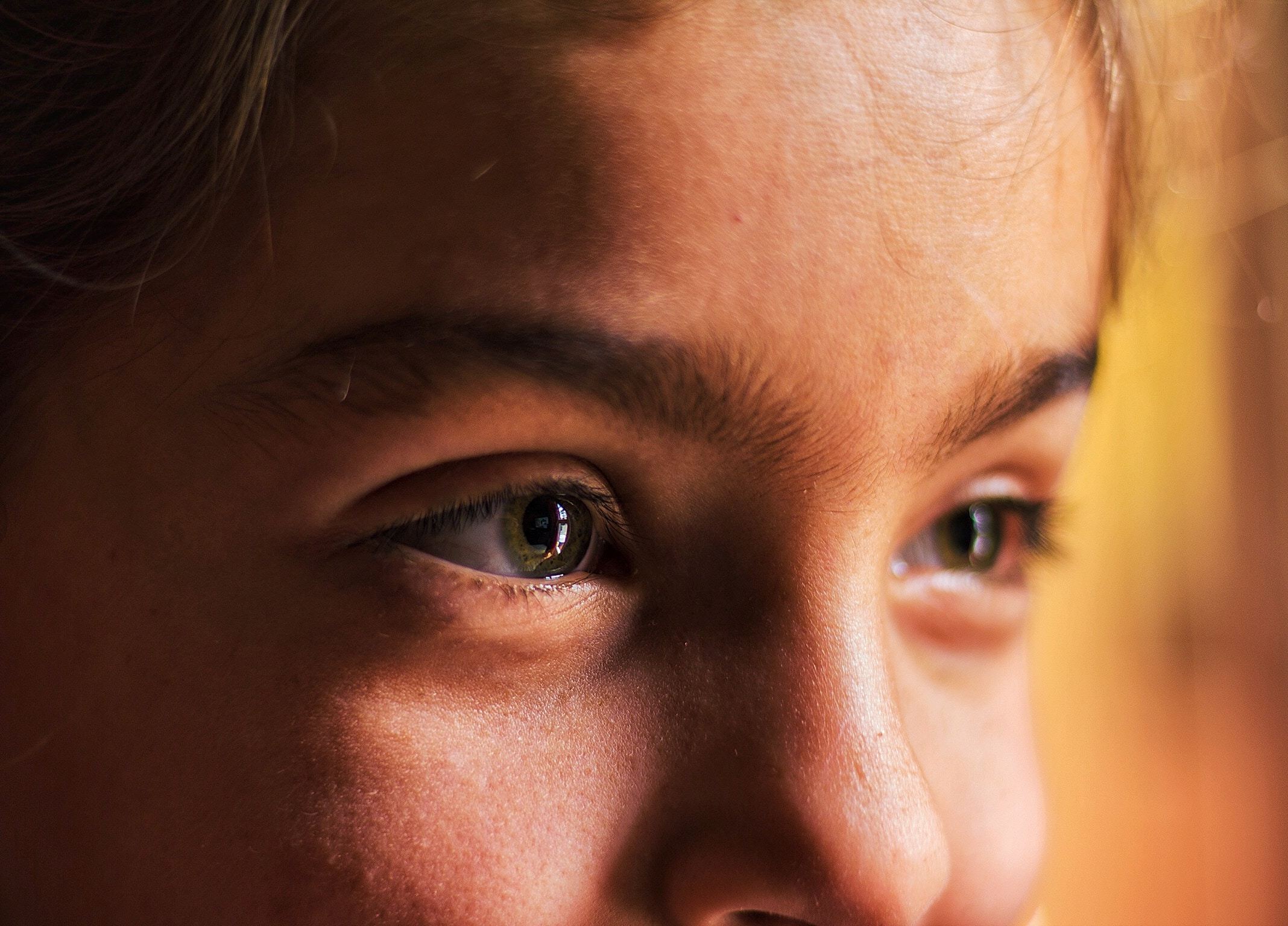The Incandescence of Humanity

Written by John Engler, TSOS Team Member
There are two kinds of people in the world...the saying goes.
Ketchup pourers and ketchup dippers.
Email hoarders and empty inboxers.
Red Vines eaters and Twizzlers eaters.
Clean deskers and messy deskers.
Toothpaste tube middle-squeezers and end-squeezers.
And on and on.
When I was young, I didn’t even know there were people like Red Vines eaters or toothpaste tube middle-squeezers - not until I met my wife. At first, I thought it was my job to convert her to Twizzlers. But that really didn’t work. So I thought maybe I should be a supportive husband and convert to Red Vines. I tried - I really did, but I just couldn’t do it. Blech.
But here’s the thing. I realized I don’t have to like Red Vines, and she doesn’t have to like Twizzlers. Her squeezing the toothpaste tube from the middle, which used to irritate me, is now endearing. Every time I pick up the middle-squeezed tube, I know that she’s been there, and I like the way our lives intertwine like that, the way our differences and our unique traits make us more interesting people. How miserable if we were all the same.
Hold up, you say. I thought this was a blog about refugees.
It is. And my point is this: in the stories I read about refugees, I love seeing their humanity.
Yes, stories about refugees are often sad, even heartbreaking. Yes, I can hardly bear to imagine the actual day-to-day lives of the tens of millions of people displaced from their homes. No, I wouldn’t wish this fate on my worst enemies.
But it heartens me when I read these stories and see people who, in the face of such catastrophic calamity, the likes of which I hope most of us never experience - I am heartened when I see how they have held onto their humanity, the traits which mark them as unique, the quirks and talents and attributes which make them human. It makes me want to meet them, to break bread with them, to embrace them as sisters and brothers of the human race.
The Afghan police officer turned activist radio announcer. The woman deaf and mute from birth. Children playing games in an abandoned factory-turned-refugee-camp. The interpreter and the kindergarten teacher who risked a sea crossing with their infant daughter. The thirteen-year-old girl who wants desperately to go back to school.
I take no joy in their trials, but I hope it’s not bad manners to celebrate the distinctive people they are. Whatever challenges we face in helping good people find homes and rebuild their lives - and there are many challenges, including resisting our own despair at the tragedy and injustice of it all - I hope that I never lose sight of the incandescence of humanity in every single person.
Maybe there’s really only one kind of person in the world. A person.
And that is everything.
Photo by Luca Campioni on Unsplash
Official Statement on the Detention of Refugees and Ongoing Community Violence
With another death in Minnesota and continued violence toward individuals and groups standing up for their communities, we acknowledge the profound fear and uncertainty people are feeling--not just locally, but across the country.
On top of this, there are reports that refugees invited and admitted to our country through the U.S. Refugee Admission Program are now being detained, meaning that our new friends and neighbors feel that fear most acutely.
Refugees have already fled violence and persecution once. They came here legally, seeking safety. In moments like these, we reaffirm our commitment to building communities where refugees and immigrants can live without fear. Where they can go to work, send their children to school, and build lives of dignity and belonging.
We call for due process, accountability, and humanity in all immigration enforcement operations. We call upon our leaders to demand the demilitarization of our neighborhoods and cities. And we call on all of us to continue the work of welcoming and protecting those who have been forcibly displaced from their homes.